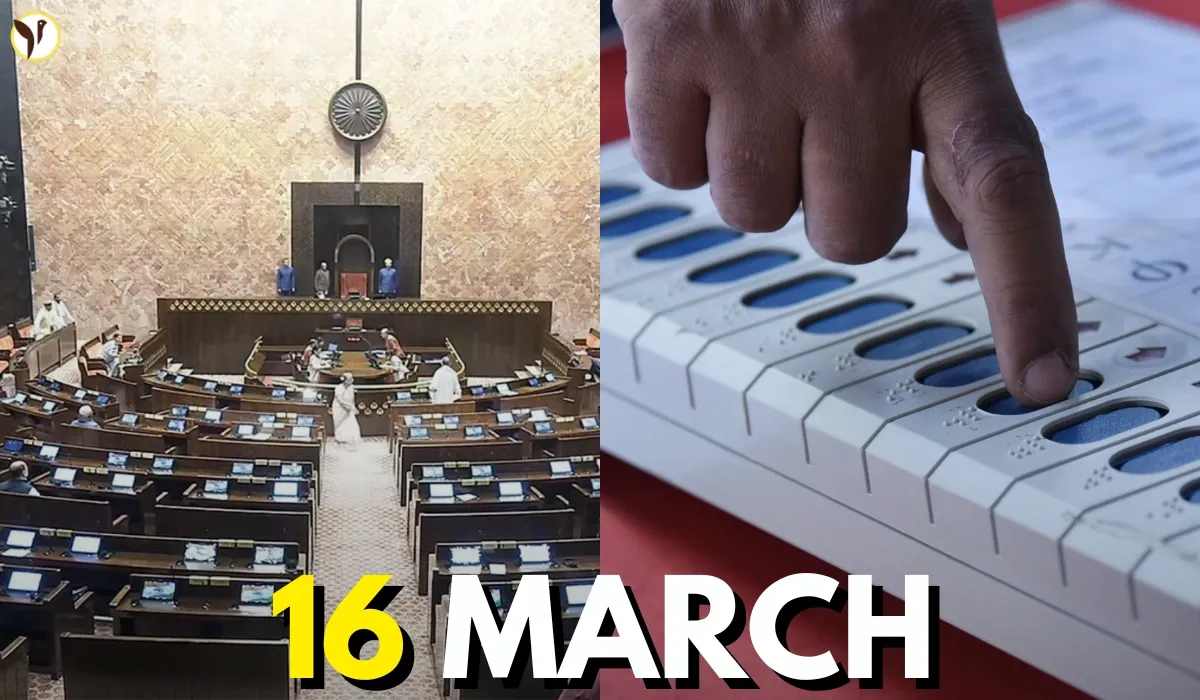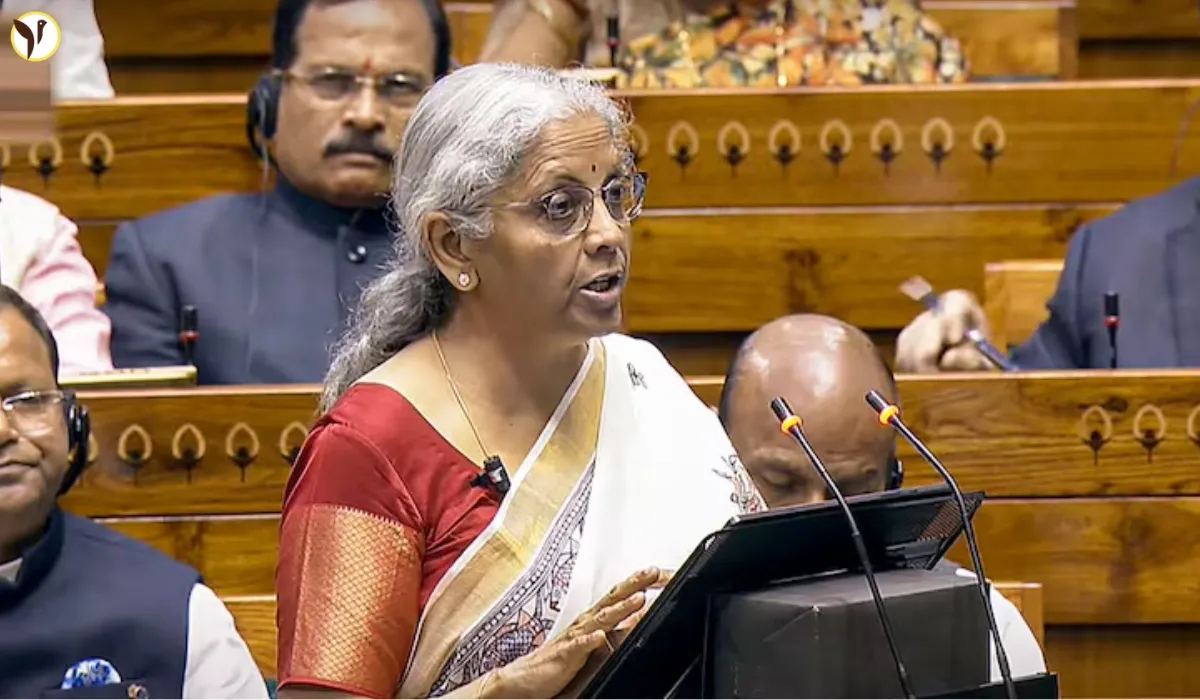Tommy Robinson Walks Free: Early Release Sparks Outrage and Debate
It's a story that's been dominating headlines, and honestly, it's left a lot of people scratching their heads. Tommy Robinson, the far-right activist whose real name is Stephen Yaxley-Lennon, has been released from prison – four months early. This isn't just a simple "early release" story; it's ignited a firestorm of debate about free speech, justice, and the very nature of public discourse in Britain.
Why the Early Release? A "Change in Attitude"?
Robinson was originally sentenced to 18 months for contempt of court. He'd repeatedly breached a court order preventing him from spreading false allegations about a Syrian refugee, Jamal Hijazi. The allegations, which a court found to be libelous, led to intense harassment of Hijazi and his family. They were forced to move. He was awarded £100,000 in damages. You can see why this caused such a stir.
The judge, Mr. Justice Jeremy Johnson, granted the early release citing a "change in attitude." Now, this is where things get interesting. The judge himself acknowledged an "absence of contrition or remorse." So what changed? Robinson's legal team argued he'd removed much of the offending content online and promised to comply with the injunction going forward. The judge, apparently, bought it.
This decision really highlights the complexities of the legal system. While the judge may see a path towards compliance and reform, there's still a lot of doubt and anger among those who believe justice hasn't been served. I know I have some questions remaining.
The Elon Musk Factor
This wouldn't be a Tommy Robinson story without a dose of controversy. He's openly thanked Elon Musk, crediting the X platform (formerly Twitter) for letting him share his "version of events." Musk himself has been a vocal supporter, even calling for Robinson's release. This adds another layer of complexity, raising concerns about the influence of tech billionaires on the judicial process and the spread of misinformation.
- Robinson's release followed a legal application to "purge his contempt."
- He faces further legal battles, including charges related to harassment.
- His supporters celebrate his release as a victory for free speech.
- Critics see it as a lenient judgment for a repeat offender.
What's Next for Robinson?
Robinson’s release isn’t the end of the story. He has more court appearances scheduled, facing charges of harassment. And with his history, and, frankly, the polarizing nature of his views, it’s hard to imagine this will quiet down anytime soon. The debate over free speech, responsibility, and the limits of acceptable public discourse will likely continue for quite some time.
Concluding Thoughts
Tommy Robinson’s early release is a complex issue with no easy answers. It raises profound questions about justice, the role of social media, and the limits of free speech. While some celebrate his release, others remain deeply concerned. One thing’s for sure: this story is far from over.









